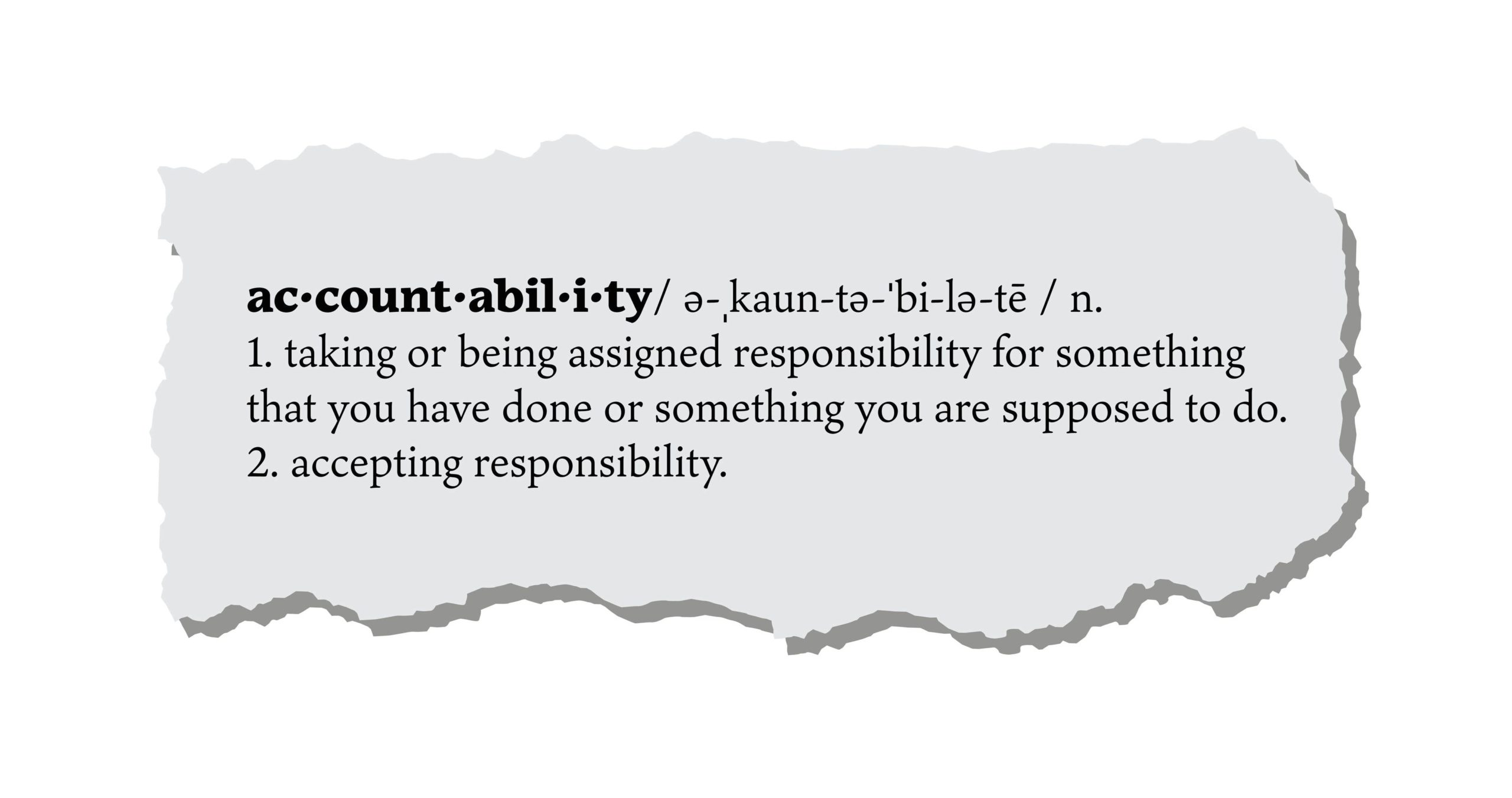Recently, I had a frustrating experience that forced me to think critically about the importance of accountability in business and PR.
It began when I received a letter from my property manager alerting me to an unusually high rent increase for my apartment. The letter didn’t cite any specific reason for raising the rent, nor did the company respond to my request to negotiate. This change occurred despite my being a good tenant, paying my rent on time, and having lived in the building for several years.
The property manager took no ownership of the negative impact of raising the rent on their tenants.
I’m a reasonable person, and I’m sure there’s an explanation for the rent increase, like meeting today’s market demands or improving property services. But they didn’t share that reasoning with me, and they were completely dismissive of my concerns. They made me feel like I didn’t matter.
Taking accountability for a negative outcome is easier said than done. However, as my PR and crisis management experience has taught me, it’s crucial to building trust and maintaining good relationships.
Accountability Is Nuanced
One of my clients, Catania Oils, recently demonstrated how accountability can ease tension during an unforeseen supply chain crisis.
When their sunflower oil shipments were held in Turkey due to the ongoing war in Ukraine, they couldn’t deliver their product to customers as they had hoped. Instead of ignoring the problem, they reached out to customers to explain the context of what was happening and offered to supply different oils that could be used as alternatives.
Though the supply chain disruption wasn’t their fault by any means, Catania Oils maintained accountability by keeping customers in the loop and being as transparent as possible about potential solutions they could provide. They communicated strategically with customers, and they took the initiative by offering solutions rather than letting their customers wonder why they weren’t getting their shipments.
You can, too, by harnessing the power of accountability.
Accountability involves more than simply saying, “I’m sorry.” True accountability acknowledges and empathizes with customers’ concerns and provides solutions to help them move forward.
As soon as you learn of a problematic occurrence under your leadership, take ownership as quickly as possible. It doesn’t always mean admitting fault because the incident may have nothing to do with you or your company. You could be branded by collateral damage from another vendor or supplier’s actions, but you need to explain the situation and make it right.
How to Take Ownership like a Leader: Customer Letters
One of the smartest PR moves any business leader can make is getting ahead of a thorny situation by sending out a customer letter or statement.
If you don’t act quickly, your customers will beat you to it on review sites like Yelp! or their favorite social media platform—and you’ll have lost control of the narrative.
Here are some tips to help you write an effective customer letter that demonstrates accountability and builds trust:
- Answer the key questions. What is the key issue? Why is it happening? When will it be resolved? Customers want answers, and you can provide those answers by structuring your letter like a press release and explaining the who, what, when, where, why, and how.
- Demonstrate empathy. While it’s important to be factual and concise, you don’t want to sacrifice the human element. Saying something as simple as, “I’m as frustrated as you are,” or, “We understand this situation is upsetting,” goes a long way toward ensuring your customers feel heard. It’s essential to be authentic, so ask yourself what you might want to hear if the roles were reversed.
- Share your plan. The most important aspect of your customer letter is detailing how you plan to rectify the problem. Even if it’s out of your hands, you can still let customers know that you’re monitoring the situation or what you will do to ensure it doesn’t happen again.
- Don’t pass the buck. Telling your customers that the situation isn’t your fault will not make them feel better. In fact, blaming suppliers, vendors, or other partners could create tension in those relationships and lead to further issues. It’s best to take ownership and focus on solutions rather than pointing fingers.
- Be succinct. Overexplaining is a mistake that often results in messaging confusion. Keep your letter concise and matter-of-fact to avoid misunderstandings. Once you’ve answered the key questions, wrap it up.
When it’s time to take accountability for a problem in your business, having an experienced PR professional in your corner can ease your stress. If you want to work with someone who has your back in a crisis, get in touch with me today!

